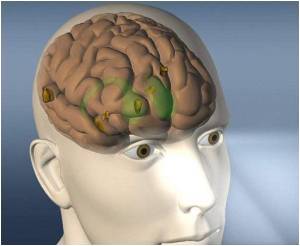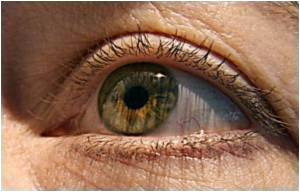An observer can easily spot an image displayed if the name of the object is first heard , according to cognitive psychologists at the University of Pennsylvania.

Surprisingly, the effect seemed to be specific to language.
A visual preview did not make the invisible target visible.
Getting a good look at the object before the experiment did nothing to help participants see it flashed.
The study demonstrated that language can change what we see and can also enhance perceptual sensitivity.
Verbal cues can influence even the most elementary visual processing and inform our understanding of how language affects perception.
Advertisement
Other experiments within the study further defined the relationship between auditory cues and identification of visual images.
Advertisement
Researchers also found that the magnitude of the cuing effect correlated with each participant's own estimation of the vividness of their mental imagery.
Using a common questionnaire, researchers found that those who consider their mental imagery particularly vivid scored higher when provided an auditory cue.
The team went on to determine that the auditory cue improved detection only when the cue was correct-that is the target image and the verbal cue had to match.
According to researchers, hearing the image labelled evokes an image of the object, strengthening its visual representation and thus making it visible.
"This research speaks to the idea that perception is shaped moment-by-moment by language. Although only English speakers were tested, the results suggest that because words in different languages pick out different things in the environment, learning different languages can shape perception in subtle, but pervasive ways," said Lupyan.
The study is published in the journal PLoS ONE.
Source-ANI









